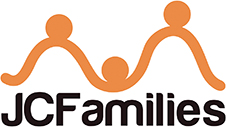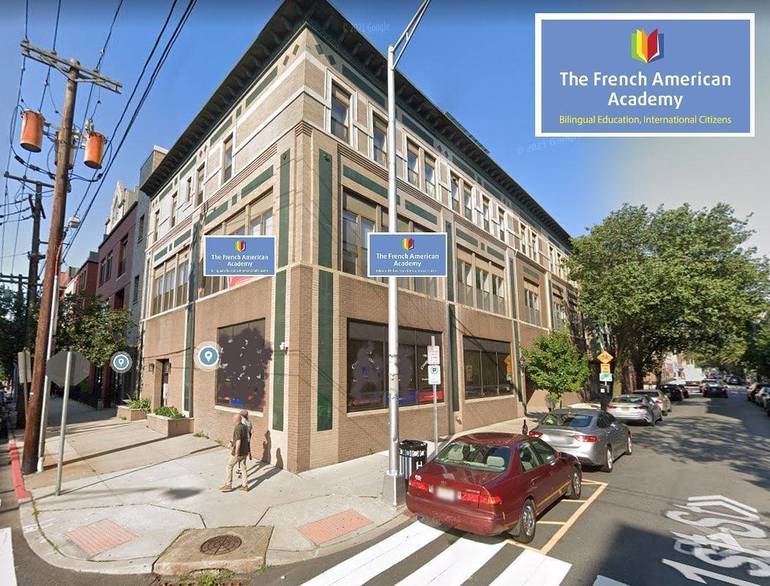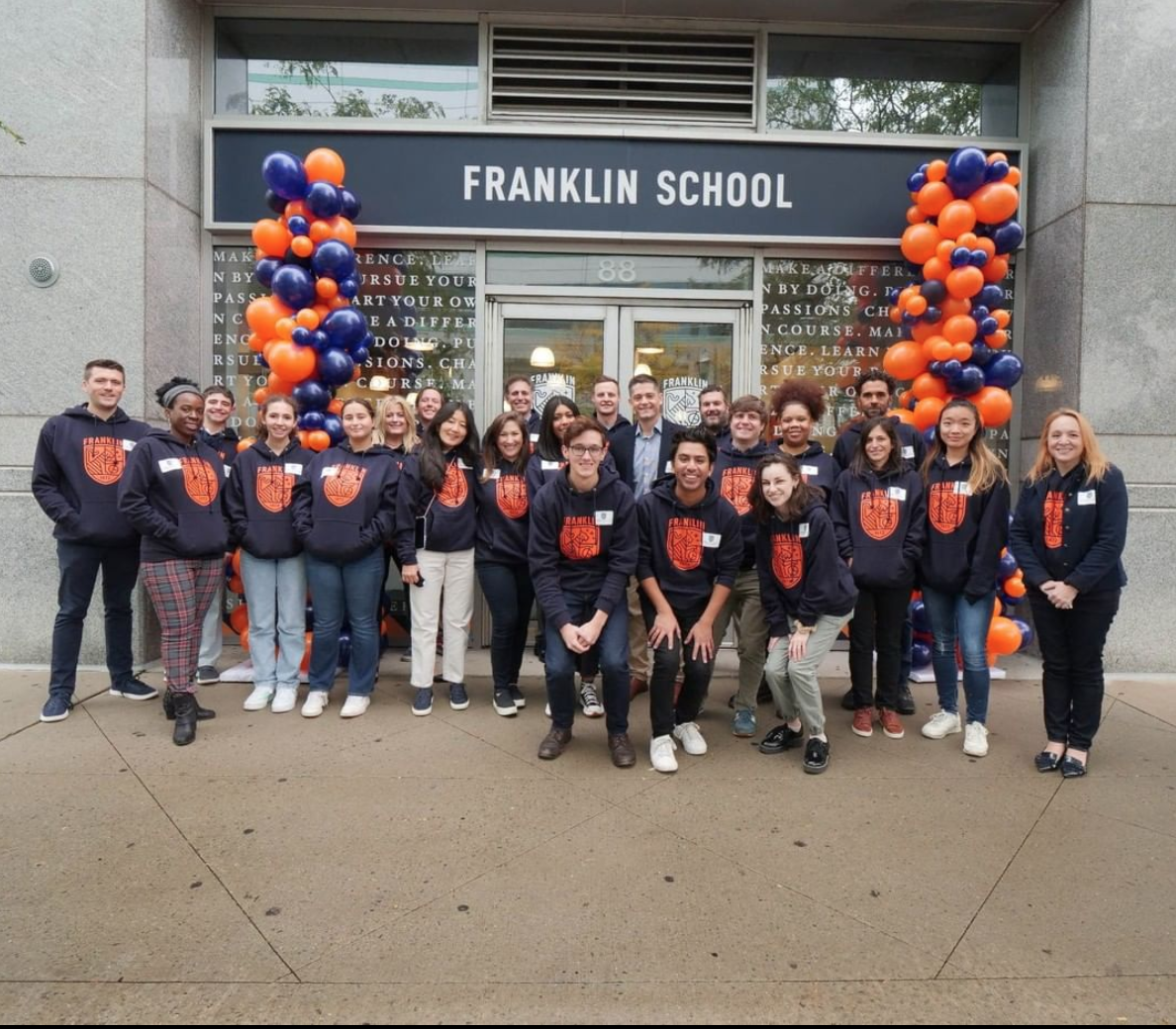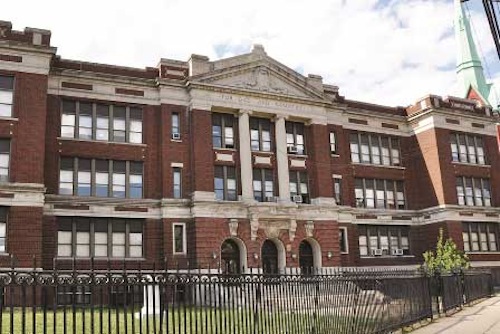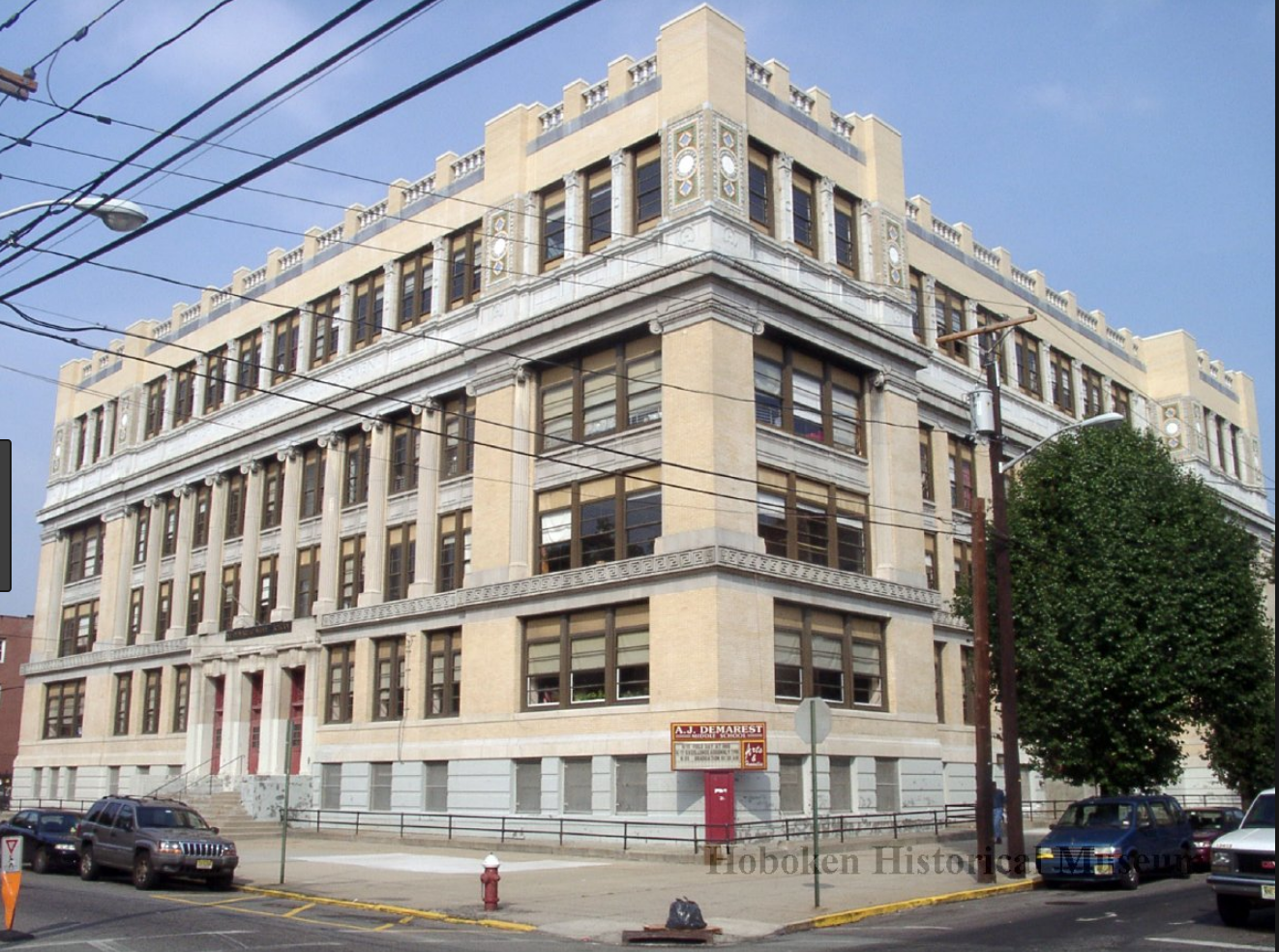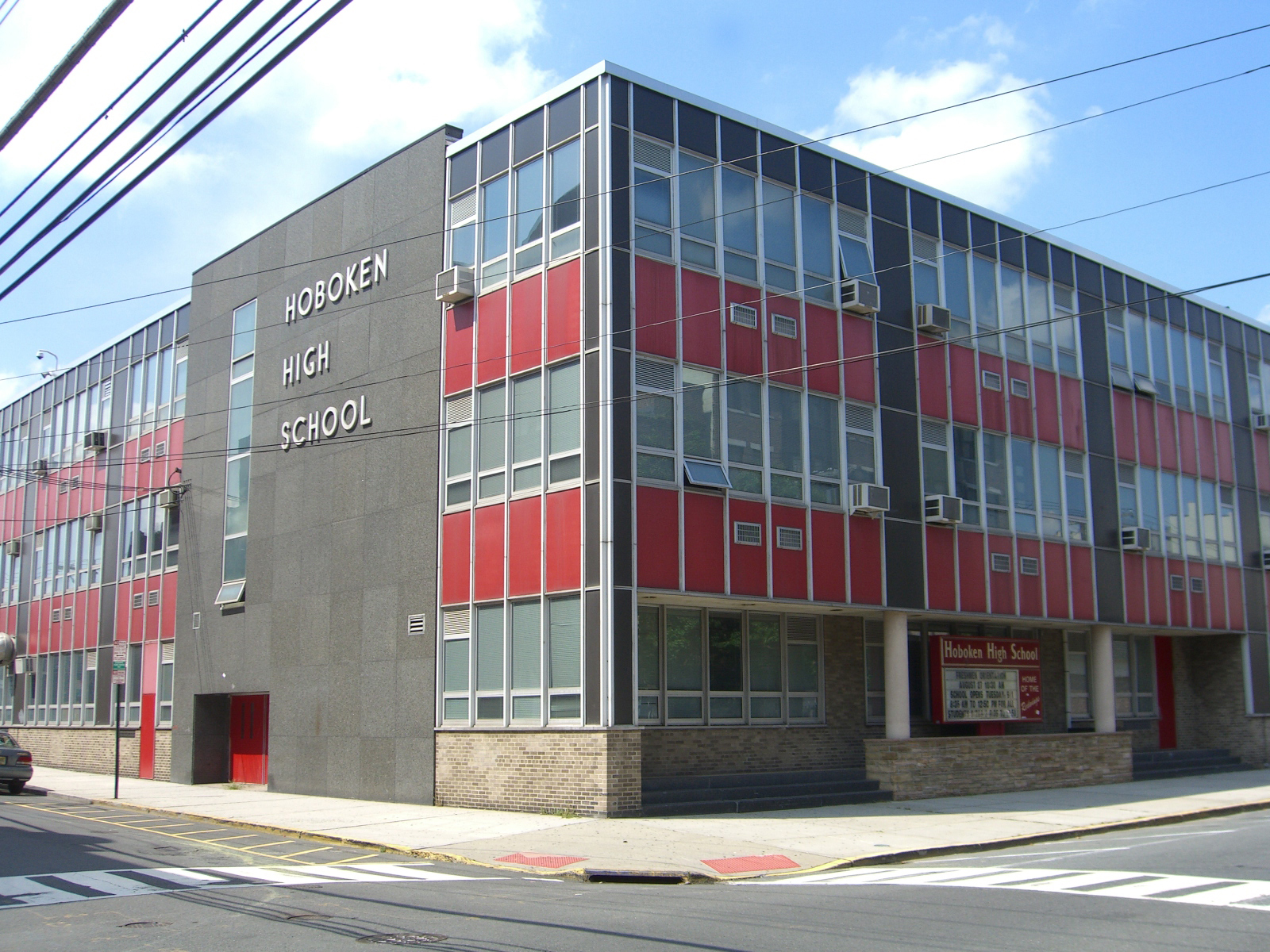Types of Schools: Public, Charter, and Private
Types of schools: It seems like almost every day a new school is opening up in our area. With so many options to choose from, selecting the right educational environment for your child might seem like a daunting task. When deciding where your child might attend school, there is a multitude of factors to consider: cost, location, teaching and learning styles, after-school activities, etc. To make the job a little easier for you, I have coupled my years of experience in public and private schools with some up-to-date research in order to breakdown each type of school, provide you with a list of pros and cons, and give you my teacher take on each type.
Public Schools
Public schools are types of schools that offer free elementary, middle, and high school education maintained by the government and funded by the public through tax dollars. These educational institutions are controlled by local, state, and federal governments depending on the area. Extracurricular activities are often included in addition to the academic curriculum and many public districts now offer free preschool programs.
Pros:
- Free for all students
- Clear hiring/certification requirements for teachers and administration
- Diverse student populations
- Access to many free extracurricular programs
- The Special Education Program provides free services to students with disabilities
Cons:
- Class sizes are typically much larger than private institutions/ poor teacher-to-student ratio
- Budget cuts can dictate which extracurricular activities are available (arts are often the first to get cut)
- Standardized testing can impact the curriculum to a varying degree depending on the district
- Inequitable access to resources depending on the school district
- Teachers might lack professional autonomy
Teacher Take:
During my public school years, I had both wonderful and challenging teaching experiences. I appreciated the diversity among students and fellow educators in this setting. Given that I attended public schools myself, it felt like a familiar environment.
In our country, there’s a wide range of public schools, with some being exceptional and others falling short. Two critical factors that can significantly impact a public school are the district it’s in and the quality of its administration. If you’re in a district or region that prioritizes standardized testing, it’s likely to shape the overall educational approach. Conversely, when a school has administrators who value and trust their staff, it creates a more positive school culture.
Before exploring alternatives to public schooling, it’s advisable to assess the quality of your local and tuition-free public school. You might be fortunate enough to have an outstanding school in your district.
Private and Independent Schools
These schools are types of schools that are owned by private entities and do not receive government funds*. At private and independent schools, students pay tuition or receive scholarships to attend. These schools rely on tuition and profit to run. Admission is not guaranteed at these schools and the process of getting in can be highly competitive at times.
*Some small portions of government funds may be available to private schools for purchasing books, etc.
Pros:
- Teachers have more autonomy to make decisions that are best for students
- Typically smaller class sizes
- Most private schools do offer special programs (art, PE, music, etc.)
- Less emphasis is placed on standardized testing. However, there are accountability measures that still exist in the private sector
Cons:
- Costs money (many schools do offer scholarships)
- Can lack diversity, especially in terms of socio-economic status
- Might have limited extracurricular opportunities
- Parent involvement can occasionally over-dictate school curriculum and policy
- Some schools might not have the same special education resources
- Many private schools have a rigorous and lengthy admissions process and admittance might be highly selective
Teacher Take:
During my tenure of over 6 years in private international schools, I’ve predominantly had positive experiences. I was fortunate to have autonomy in these institutions, allowing me to prioritize students’ well-being over testing and government mandates. Nevertheless, the challenge arose from working under administrators who faced pressure within a for-profit system. Consequently, there was a strong emphasis on ensuring parental satisfaction. Private schools do offer flexibility in their systems, which can be both advantageous and challenging. There are instances when schools may request educators to deviate from best educational practices in order to appease parents. It’s worth noting, however, that this isn’t the case for all private institutions. It’s essential to be mindful of this issue, especially in fiercely competitive private school markets like Manhattan.
Montessori Schools
According to the American Montessori Society, “Montessori is an educational philosophy and practice that fosters rigorous, self-motivated growth for children and adolescents in all areas of their development, with a goal of nurturing each child’s natural desire for knowledge, understanding, and respect.”
The Montessori types of schools method, developed in 1907 by Dr. Maria Montessori, adheres to a child-centered approach, utilizing multi-age classrooms which promote student independence and choice.
Pros:
- Highly student-centered education based on individual needs and curiosity
- Rigorous and engaging curriculum is hands-on
- Nature-focused learning spaces and themes with ample outdoor time
- Multi-age classrooms that help increase social interaction
- Fosters strong independence
- Typically traditional homework is not assigned
Cons:
- Can be costly
- A less structured curriculum
- Focusing on each child’s individual path may hinder their ability to collaborate with others in the future
- Some studies show the lack of structure and systems does not always lend itself well to math instruction
- Transitioning to schools with a different approach can be difficult
Teacher Take:
While I have never taught in a Montessori classroom myself, I have been a teacher at a school in Italy which had Montessori preschools. Being in the industry for over a decade, out of all the school types, Montessori is the structure that I hear the least negative remarks about. I think the style offers a tremendous amount of benefits to students. However, the consensus I have heard among parents and teachers is that it is a style that does not work for everyone. Children who may need more structure, boundaries, and explicit teaching might struggle in this type of learning environment. I even know of parents who had one child in Montessori and one child in a more traditional environment because the teaching approach is really not for everyone.
Do your research. There are no restrictions on who can call themselves a Montessori school- so just because it’s in the title doesn’t necessarily mean it’s a legitimate Montessori school.
Charter Schools
Charter schools are types of schools that are hybrid and are publicly funded but operate independently of the school boards and districts. Many charter schools have a specialized focus such as academic areas or are designed for students who need a non-traditional learning environment.
They are often called a “school of choice” because parents can opt to send their children to a charter school instead of their assigned public school. These types of schools are a preference.
Pros:
- Like public schools, they cannot discriminate by race, gender, disability, or religion
- Gives parents another option in the district without the cost of a private school
- Many charter schools will have smaller class sizes and might be able to offer more specialized classes
- Innovative curriculum
- More teacher autonomy/fewer regulations
- Allow for a different approach to learning
Cons:
- Teacher treatment is notoriously poor
- History of corruption
- Can be less diverse
- Transportation required
- Fewer offerings of after school and extracurricular activities
- Many use the lottery systems to get in
- Can go under and close quickly
Teacher Take:
I have never stepped foot in a Charter School so I have no actual first-hand experience in this type of school setting. From everything I have heard from other teachers, parents, and the education community, Charter Schools vary greatly. They can either be fantastic learning experiences for students and families or not. If you are considering a Charter school for your family, make sure you do research and talk to current families.
One thing I will caution you on is that Charter Schools have a bad reputation for overworking and underpaying their teaching staff. My teacher friends who have worked at Charter schools have had terrible experiences and many have even left after a few months. Teacher pay can be extremely low and teachers will work 70-80 hours a week. The demanding requirements can lead quickly to teacher burnout. However, look around and spend your time investigating, because incredible Charter Schools are out there and might provide your child with the exact individualistic learning environment they need.
Progressive Schools
Progressive Education got its start in the late 19th century as a counter to more formalized and traditional education. According to Robert Kennedy of ThoughtCo., it is a “pedagogical movement that values experiences over learning facts.” This is a type of school that increases student independence.
Both laboratory and Montessori schools fall under the “Progressive School” category. There are many famous progressive schools that are nationally known in NYC. Here in Jersey City, we house several progressive schools, including The Embankment School as well as several high-quality Montessori schools which technically fall under this category.
Pros:
- The teacher serves more as a facilitator than an instructor which increases student independence
- Curriculum driven by student interests
- A strong emphasis placed on socio-emotional development
- Conceptualized teaching for a deeper understanding of the subject
- Inquiry-Based Learning is emphasized
- Less testing, homework, and grades are common practice
Cons:
- Has a reputation, although not always justified, for being “passive education”
- Students might lack basic and necessary fact/knowledge automaticity
- Criticized for lack of explicit instruction
- Potentially lacks accountability
Teacher Take:
Although I haven’t had extensive experience in “Progressive Schools,” I can certainly highlight the benefits of the progressive education ideology. It’s important to note that progressive education isn’t confined solely to schools with “progressive” or “Montessori” labels. Additionally, many public schools are diligently striving to strike a balance between progressive practices, such as student-centered and inquiry-based learning, and more traditional pedagogy.
In my view, if you discover the right fit for your family, a progressive school could genuinely align with your child’s learning style. However, just like with Montessori Schools, it’s crucial to ensure that this approach genuinely meets your child’s needs.
Ultimately, the key for parents is to carefully assess the pros and cons and prioritize their child’s well-being. It’s advisable to conduct thorough research, visit different schools, seek input from your network of friends and coworkers, and consider the type of school and learning environment where your child would flourish. Whenever possible, arrange for your child to spend a half to a full day at the prospective school. If you’re uncertain, reach out to a teacher who you believe truly comprehends your child; they can offer valuable insights from an educational perspective.
Of course, it’s important to acknowledge that the perfect school may not exist, and external factors may come into play. However, making an informed decision will lead to the best possible scenario for your child’s education.
If you are looking for more information on schools click here.
There are a ton of options available like Montessori, private, public schools in Jersey City. You can find all the information on our Education Guide Directory.
By Jennifer Belcher
Jennifer Belcher has been an educator for over 12 years. She has experience in public, private, and International schools. Jennifer has served as an elementary, middle, and collegiate level teacher. She has lived in Jersey City for over 3 years. Currently, she is a private tutor, freelance writer, and social media manager.
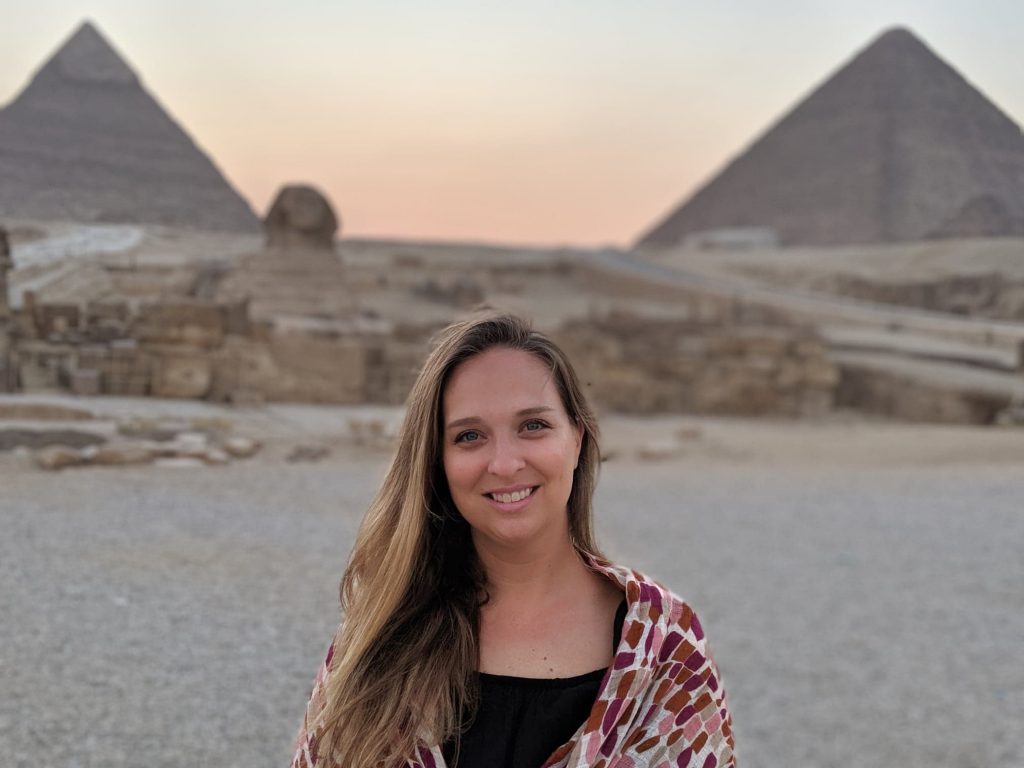
Updated March 14th 2024
